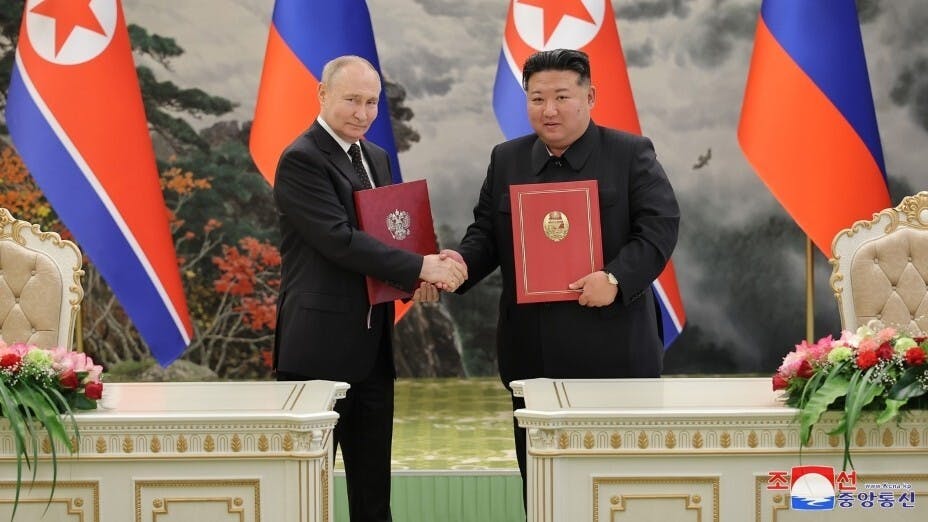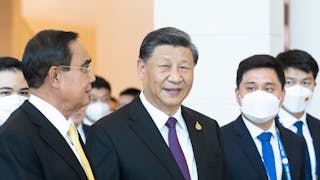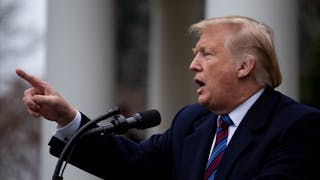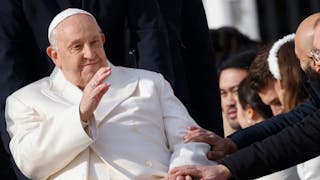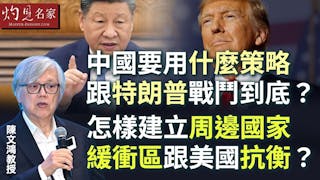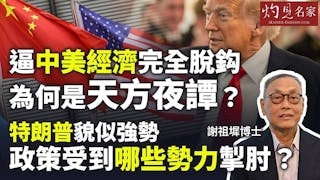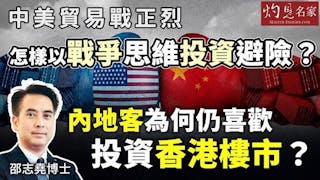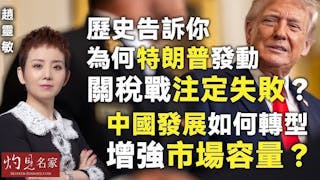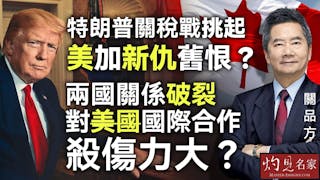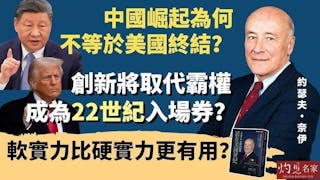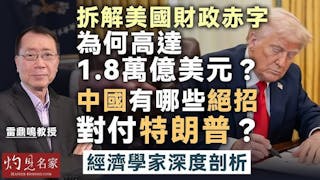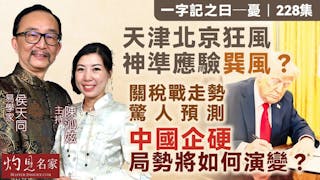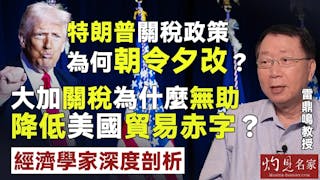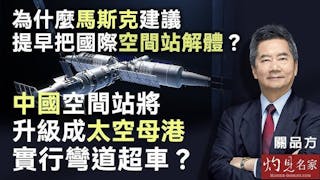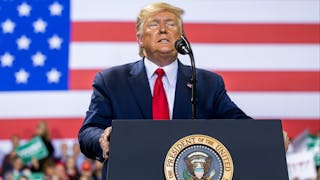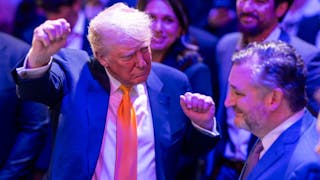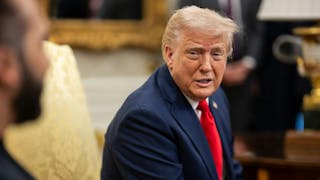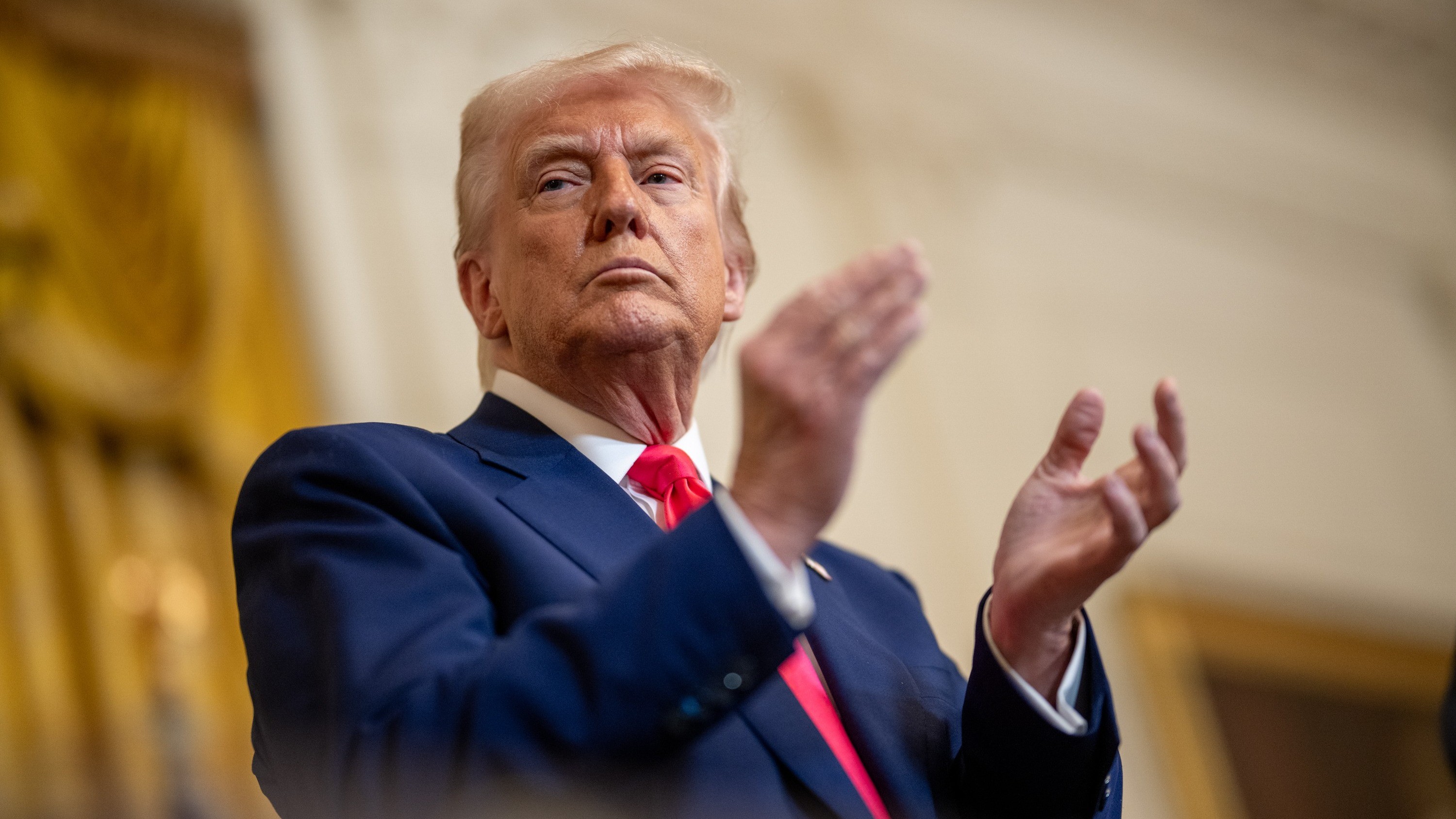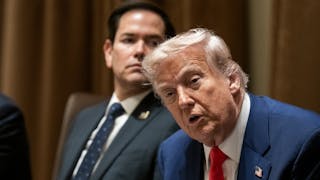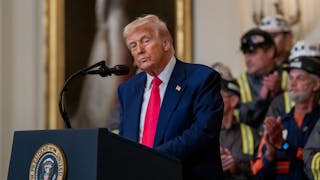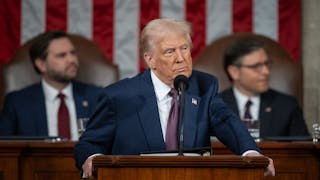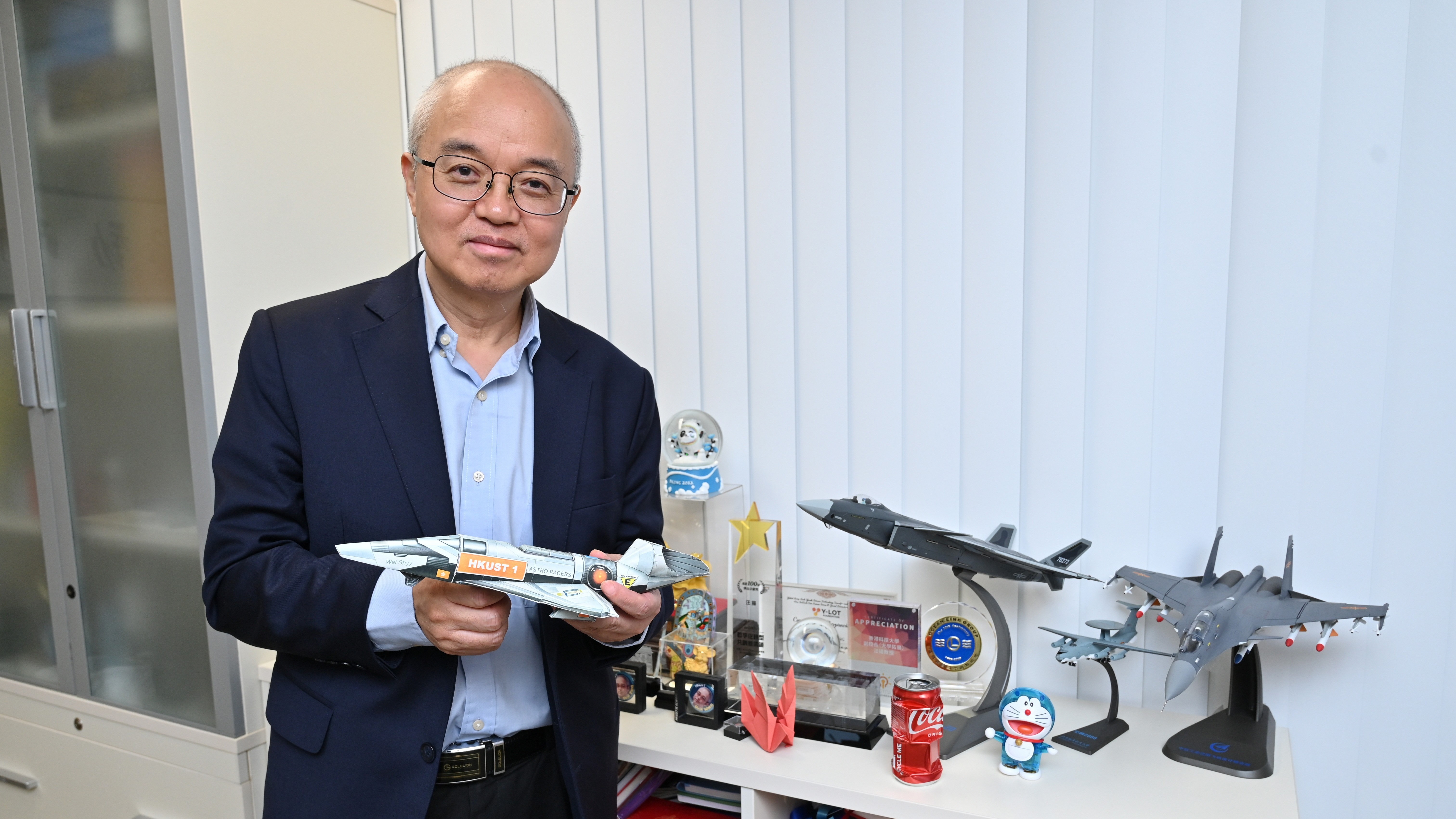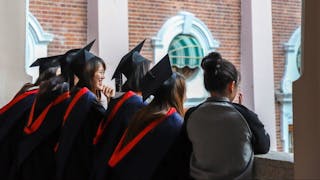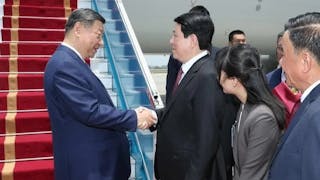俄羅斯總統普京和北韓領袖金正恩最近簽署的防禦條約(《俄羅斯聯邦和朝鮮民主主義人民共和國關於全面戰略夥伴關係條約》),具有重要的地緣政治意義,不僅在莫斯科和平壤之間建立了軍事聯盟,而且還立時引起了人們對東北亞安全與和平前景的擔憂。
普京相隔24年再度訪問北韓,他與金正恩進行了兩個小時的會面。金正恩表示,俄羅斯在維護世界戰略平衡方面發揮至關重要的作用,北韓無條件支持俄羅斯在烏克蘭的軍事行動,以保護莫斯科的主權、安全和領土完整,平壤渴望加強與俄羅斯的戰略合作。金正恩的言論可以被視為普京這次訪問的勝利,確保了北韓其鄰國的堅實政治支持,同時彰顯了兩國反對美國的共同基礎。
普京與金正恩簽署的全面戰略夥伴關係條約共有23條,其中最重要的是第4條「若締約國一方被他國侵略時需互相提供支援。俄羅斯聯邦不排除依條約規定同朝鮮民主主義人民共和國進行軍事技術合作」。此類行動符合《聯合國憲章》第51條規定,任何遭受武力攻擊的成員國均享有單獨或集體自衛的權利。
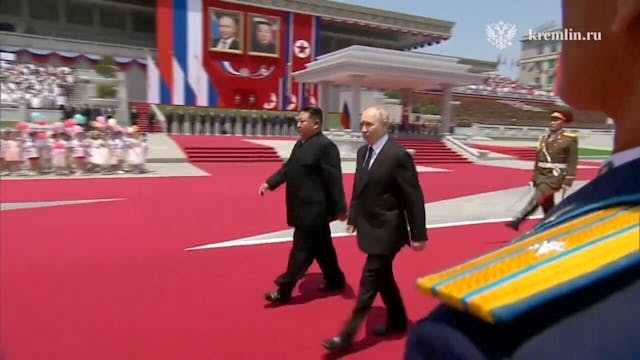
北韓撐俄談判 基輔面臨壓力大
這個防禦條約具有直接的地緣政治影響。
首先,儘管俄羅斯最近在烏克蘭衝突問題上的立場變得強硬,重申只有基輔放棄莫斯科軍事佔領了的領土,而且烏克蘭不加入北約,俄羅斯才願意與基輔進行談判,但莫斯科與平壤之間的防禦條約,可以進一步支持俄羅斯的談判立場。換句話說,如果俄羅斯受到北約部隊的攻擊,北韓將作為軍事盟友站在俄羅斯一邊。
在這種情況下,基輔現在和將來都會面臨巨大壓力──烏克蘭被要求恢復作緩衝國家,不要明確地站在北約一邊,但又被迫至少將一些領土讓給俄羅斯──這一立場迄今為止被烏克蘭總統澤倫斯基拒絕。然而,從戰略上講,普京一方渴望於將烏克蘭打造成緩衝國,同時吞併烏克蘭東部和克里米亞已被俄方佔領的領土,以抵消或起碼大幅度減少北約的軍事影響力。對於北約和烏克蘭來說,普京的要求是不可接受的,因此,如果沒有可行的解決方案,烏克蘭衝突的軍事和政治僵局將持續下去,至少短期內如此。
武器付運俄國 北韓利潤豐厚
其次,鑑於北韓已經在烏克蘭戰爭中向俄羅斯提供了武器和後勤物資,正如許多新聞報道所說,北韓的武器將繼續出口到俄羅斯的軍火庫。2023年9月,有報告指出北韓已向俄羅斯出口了10000個貨櫃的彈藥。南韓傳媒近日報道,多艘貨櫃船已離開北韓前往俄羅斯。傳媒報道,儘管北韓的一些武器品質值得懷疑,但武器交易對北韓來說是利潤豐厚的生意。同樣,俄羅斯對北韓的援助,也可以在不久的將來提升北韓武器裝備的品質和能力。
另一方面,金正恩去年9月訪問俄羅斯期間,表達了對俄羅斯導彈技術的興趣。顯然,俄羅斯繼續向北韓提供火箭、導彈和太空技術──這對雙方都是雙贏的。
因此,北韓在俄羅斯全力支持下不斷提高的軍事技術和情報能力,對美日韓軍事同盟構成嚴重威脅。儘管南韓立即抗議莫斯科和平壤之間的防禦條約,東京也表達了不滿,特別是北韓發展彈道導彈對日本構成安全威脅。如果俄羅斯要加強北韓的核潛艇技術,兩國的防禦條約肯定會對未來幾年的華盛頓─東京─首爾軍事同盟構成更大的威脅。
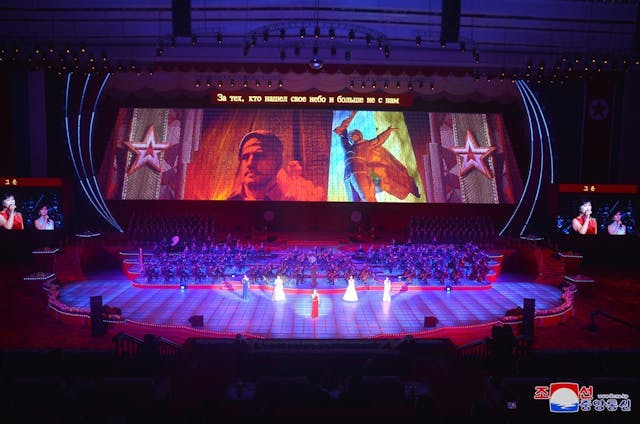
中國斡旋空間或變窄
夾在莫斯科─平壤防禦條約和美日韓三國同盟之間,中國的外交處境十分困難。最近舉行的中日韓領導人峰會也呼籲朝鮮半島無核化,但並未得到平壤的正面回應。儘管北韓將中國視為社會主義兄弟,但它卻以懷疑的眼光看待北京對東京和首爾的友善姿態。中國和北韓之間建立信任仍然不容易,因為金正恩和他的軍事將領堅持「先軍政治」,而不是將務實的經濟現代化和貿易自由化視為解決朝鮮經濟困境的方案。隨着北韓不斷向俄羅斯出售武器,將能夠提供必要的收入來維持北韓經濟並使金氏政權合法化。簡而言之,平壤更喜歡「先軍政治」;認為武器交易在經濟上有利可圖,有助於維持國內穩定和政治秩序。
俄羅斯和北韓之間的軍事聯盟,將阻礙中國作為烏克蘭衝突的潛在和平締造者,以及在南北韓關係中充當潛在調解人的角色。如果俄羅斯和北韓的防禦條約,堅定了莫斯科在俄烏衝突中的強硬立場,那麼中國在烏克蘭戰爭中斡旋的空間或許會比之前狹窄得多。同樣,如果南韓和日本認為莫斯科和平壤之間的防禦條約「違反」了聯合國對平壤的制裁,那麼中國就愈來愈難以作為調解人進行斡旋,試圖說服和遊說北韓走上無核化的道路了 。
最近幾天來,北韓士兵一直在與南韓的邊境地區築起軍事屏障──這表明雙方都在利用越境氣球作為政治宣傳工具,令緊張局勢加劇。這些活動是在北韓2023年11月單方面宣布全面中止與南韓(涉及雙方停止非軍事區的陸海空軍事行為)的「919軍事協議」,在邊境地區重新部署重型軍事武器之後開始的。2023年12月和2024年1月,北韓勞動黨宣稱與南韓是「敵對的」和「交戰國」的關係,再不是「同族關係、同質關係」。北韓似乎將美國持續與南韓的軍事同盟和演習視為軍事挑釁,在政治上不可接受。
普京在其開創性的朝鮮之行後訪問了越南,這在政治上是精明的。在河內強調靈活性的「竹式外交」下,越南與俄羅斯在天然氣、能源、產業合作、投資、採礦、數碼技術、核子技術和反恐等領域達成了協議。越南透過與中國保持友好的社會主義兄弟情誼與和平關係,透過自2013年以來改善與美國的全面合作夥伴關係,以及透過「竹式外交」制衡美國,加強與俄羅斯的雙邊關係,在亞太地區的力量平衡方面採取了嫻熟的外交手段。
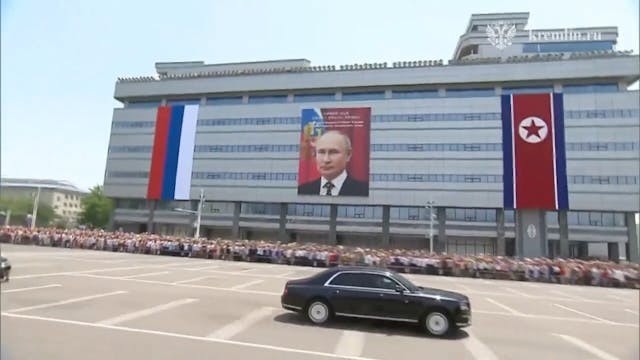
一場新的冷戰正在形成
北韓是與俄羅斯簽訂防禦協定的受益者。普京在北韓受到的隆重待遇,證明了金正恩如何看待俄羅斯對北韓軍事、技術、能源、貿易和戰略的重要性。普丁將有「俄羅斯勞斯萊斯」之稱的阿魯斯(Aurus)豪華房車送給了金正恩,從而將兩國關係提升到新高峰。
針對南韓表示,首爾可能在莫斯科和平壤簽署防禦條約後向烏克蘭提供軍事援助的言論,普京警告首爾不要這樣做,因為俄羅斯會採取「相應行動」。這種針鋒相對的態度,或許是對朝鮮半島和平穩定的警號。
普京又說,如果西方國家向烏克蘭提供長程武器,打擊俄羅斯領土,俄羅斯也有權向第三方提供高技術長程武器。他利用軍事援助支持西方對手國家的戰略,意味着一場新的冷戰正在形成,或許會產生意想不到的後果,將軍事衝突的可能性從烏克蘭擴大到東北亞和世界其他地區。
莫斯科和平壤之間的防禦條約可能會在美國總統大選之前進行審慎和戰略性的安排,屆時特朗普可能會在政治上捲土重來。鑑於特朗普與金正恩在2018年為實現東北亞和平而會面時的積極關係,俄羅斯和北韓之間的防禦條約,可能會在美國總統選舉後,戰略性考驗華盛頓的外交政策,特別是如果特朗普重新掌權的話。現在尚不清楚美國的外交政策是否會在烏克蘭和北韓問題上發生變化,尤其是特朗普可能是一位難以預測的政治領袖,在國際政治和外交方面的方向便非常難以預測。
總的來說,普京和金正恩之間的防禦條約是使俄羅斯和北韓實現雙贏,正值莫斯科需要更多國家支持其在俄烏衝突中的強硬立場,而平壤則將武器交易視為延續先軍政治、改進導彈和火箭技術,同時維持經濟的手段。然而,意想不到的後果是,可能會弱化中國在俄烏衝突和東北亞安全挑戰中作為調解人的角色。也許莫斯科和平壤之間的聯盟,是為了即將舉行的美國總統選舉,測試其後美國外交的可能變化。
The geopolitics of Russia’s defence pact with North Korea
The recent defence pact signed between Russian President Vladimir Putin and North Korean President Kim Jong-un is geopolitically significant in not only producing a military alliance between Moscow and Pyongyang but also in generating immediate concerns about the prospects of security and peace in Northeast Asia.
Both Putin and Kim met for two hours after Putin’s first visit to North Korea 24 years ago. Kim said that Russia plays a crucial role in maintaining strategic balance in the world, that North Korea unconditionally supports Russian military action in Ukraine for the sake of protecting Moscow’s sovereignty, security and territorial integrity, and that Pyongyang is keen to strengthen strategic collaboration with Russia. Kim’s remarks could be seen as a triumph of Putin’s visit to secure solid political support from his neighbouring country, while sharing their common ground of opposing the US.
The comprehensive strategic partnership agreement signed between Putin and Kim has 23 articles, but the most significant one is Article 4, which says that any signatory side that is invaded by another country or a group of countries will trigger the military aid of another signatory by all means. Such an act will be in conformity with Article 51 of the UN Charter which states that any member state under armed attack has the right of self-defence, individually or collectively.
This defence pact has immediate geopolitical implications.
First and foremost, while Russia has recently hardened its stance on the Ukrainian conflict by reiterating that it is willing to negotiate with Ukraine only if Kyiv abandons those territories militarily occupied by Moscow and only if Kyiv does not join NATO, the military pact between Moscow and Pyongyang can back up the Russian bargaining position further. In other words, if Russia were attacked by NATO forces, North Korea would join Russia as a military ally.
Under these circumstances, Ukraine is and will be under tremendous pressure to revert to a buffer state without explicitly siding with NATO and yet being forced to concede at least some territories to Russia – a position that is so far rejected by Ukrainian President Volodymyr Zelenskyy. Yet, strategically, Putin and his advisers are keen to neutralise and minimise the military influence of NATO by creating Ukraine as a buffer state while swallowing the already occupied territories in Ukraine and Crimea. For NATO and Ukraine, Putin’s demands are unacceptable, and as such, the military and political impasse in the Ukrainian conflicts will persist without a viable solution, at least in the short run.
Secondly, given that North Korea has already provided weapons and logistical supplies to Russia in the Ukrainian war, as many news reports have said, the North Korean weapons will continue to be exported to the Russian arsenals. In September 2023, it was reported that North Korea had already exported 10,000 containers of ammunition to Russia. The South Korea news have recently reported that a large number of containers ships have left North Korea for Russia. Weapons transactions mean lucrative business to North Korea even though the media reported that the quality of some North Korean weapons was questionable. Yet, the Russian aid to North Korea can and will improve the quality and capabilities of Pyongyang’s weaponry in the near future.
On the other hand, during Kim Jong-un’s recent visit to Russia, he expressed his interest in the Russian missile technology. Obviously, Russia continues to supply rocket, missile, and space technology to North Korea – a win-win situation to both sides.
As such, the improving military technology and intelligence of North Korea, with the full support of Russia, is posing a serious military threat to the military alliance between the US, Japan and South Korea. While South Korea immediately protested against the defence pact between Moscow and Pyongyang, Tokyo also expresses its displeasure especially as the North Korean ballistic missile development has posed a security threat to Japan. If Russia is going to strengthen North Korea’s nuclear submarine technology, their military pact will certainly pose a greater threat to the Washington-Tokyo-Seoul military alliance in the coming years.
Sandwiched between the Moscow-Pyongyang military pact and the triple alliance of the US-Japan-South Korea, China’s position is diplomatically difficult. The recent trade summit between China, South Korea and Japan, which also called for denuclearization in the Korean Peninsula, was not received positively by Pyongyang. Although North Korea sees China as a socialist brother, it has viewed Beijing’s gestures of friendships to Tokyo and Seoul with suspicious eyes. Trust-building between China and North Korea remains not easy as Kim Jong-un and his military generals are sticking to the military first policy rather than seeing pragmatic economic modernization and trade liberalization as the solutions to Pyongyang’s economic predicament. With the continuous sale of North Korean weapons to Russia, it can and will provide the necessary revenues to sustain the North Korean economy and to legitimize the Kim regime. In short, Pyongyang prefers a policy of militarization, and it sees weapons transactions as economically lucrative with the impact of maintaining domestic stability and political order.
The military alliance between Russia and North Korea is going to curb the role of China as a potential peacemaker in the Ukrainian conflicts and a potential mediator in the relations between the two Koreas. If the Russian military pact with North Korea consolidates the hardline position of Moscow on the Ukrainian conflicts, the space for China to mediate in the Ukrainian war is perhaps much narrower than before. Similarly, if South Korea and Japan see the defence pact between Moscow and Pyongyang as a move “violating” the UN sanctions against Pyongyang, it is increasingly difficult for China to intervene as a mediator trying to persuade and lobby North Korea towards the path of denuclearization.
In recent days, North Korean soldiers have been erecting military barriers in the border areas with South Korea – a sign of increased tensions amid the usage of cross-border balloons from both sides as perhaps the tools of political propaganda. These activities followed a move by North Korea to declare the end of a military agreement with South Korea in November 2023, re-stationing heavy military weapons along the border areas. In December 2023 and January 2024, the North Korean Workers Party proclaimed that the relations with South Korea are “hostile” and “belligerent” instead of being “the same race and the same quality.” It seems that North Korea has seen the persistent US military alliance and exercises with South Korea as militarily provocative and politically unacceptable.
Putin was politically shrewd by visiting Vietnam after his path-breaking trip to North Korea. Under the bamboo diplomacy that emphasizes the finesse of flexibility, Vietnam has reached agreements with Russia on natural gas, energy, industrial cooperation, investment, mining, digital technology, nuclear technology and anti-terrorism. Vietnam has been adopting a skilful diplomacy of the balance of power in the Asia-Pacific region by maintaining friendly socialist brotherhood and peaceful relationship with China, by improving comprehensive cooperative partnership with the US since 2013, and by balancing the US through its bamboo diplomacy of enhancing bilateral relations with Russia.
North Korea has stood out as the beneficiary of the defence pact with Russia. Putin’s red-carpet treatment in North Korea was a testimony to how Kim Jong-un perceived Russia’s military, technological, energy, trade and strategic importance to North Korea. Putin gave the luxurious Aurus car – the Russian Rolls-Royce – to Kim, thereby elevating bilateral relations to a new apex.
In response to South Korea’s comment that Seoul may provide military aid to Ukraine after the completion of the defence pact between Moscow and Pyongyang, Putin has warned Seoul against doing so because Russia would take “corresponding action.” Such a tit-for-tat approach is perhaps a warning signal to peace and stability in the Korean Peninsula.
Putin has added that if the Western nations provide military weapons to Ukraine, Russia will also provide military aid to North Korea and other countries. His strategy of utilizing military aid to support the adversaries of the Western countries means that a new Cold War is taking shape, perhaps having the unintended consequences of widening the likelihood of military conflicts from Ukraine to northeast Asia and other parts of the world.
The defence pact between Moscow and Pyongyang could be timed deliberately and strategically before the US presidential elections, which may see a political comeback of Donald Trump. Given Trump’s positive relations with Kim Jong-un in 2018, when they met to achieve peace in northeast Asia, the defence pact between Russia and North Korea could strategically test US foreign policy after the presidential elections, particularly if Trump were to return to power. It is now unknown whether US foreign policy would change in the cases of Ukraine and North Korea, especially if Trump may be an unpredictable political leader with highly unpredictable directions in international politics and diplomacy.
In conclusion, the defence pact between Putin and Kim was a victory to both Russia and North Korea at a time when Moscow needs more countries to support its hardline stance on the Ukrainian conflict, and at a time Pyongyang sees weapons transactions as a means to perpetuate its military first policy, to improve its missile and rocket technology and to sustain its economy. However, the unintended consequence is to perhaps weaken China’s role as a mediator in both the Ukrainian conflict and the northeast Asian security challenges. Perhaps the alliance between Moscow and Pyongyang is timed to test a possible change in US diplomacy after the forthcoming presidential elections.
原刊於澳門新聞通訊社(MNA)網站,本社獲作者授權轉載。原文網址:https://www.macaubusiness.com/opinion-the-geopolitics-of-russias-defence-pact-with-north-korea/



